The Draft Resolution focuses on two major policy groups: Attracting elderly workers with medical expertise to continue working at the Health Station; Providing financial support for service staff, janitors, and security guards who are working at the Health Station but are not on the payroll and do not receive salaries from the budget.
According to the draft, Ho Chi Minh City plans to spend 9 million VND/month from the budget to support elderly workers with university degrees or higher in medical fields (medicine, traditional medicine) and have a practice license. In addition to the salary support, the city budget also pays compulsory insurance contributions according to regulations.
Elderly workers with college degrees in medicine, nursing, midwifery or intermediate medical staff or higher will receive support of 7 million VND/month, along with similar insurance benefits.
This policy aims to take advantage of experienced medical human resources, contributing to reducing personnel pressure for Health Stations - the grassroots health sector which has been severely lacking in human resources for many years.
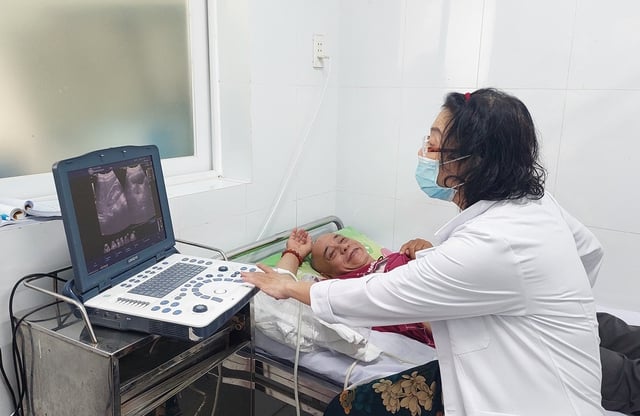
Attracting experienced elderly workers back to the Health Station not only helps to timely supplement resources but also creates conditions for imparting expertise to younger staff.
In addition to the professional force, Ho Chi Minh City also proposed financial support for the group of janitors, service staff, and security guards working at the Medical Station but not receiving a salary from the budget.
The support level is equivalent to the regional minimum wage as prescribed by the Government and includes the social insurance, health insurance and unemployment insurance contributions of the employer.
Funding for implementation is allocated from the State budget according to current decentralization.
The draft clearly states that doctors practicing at the General Hospital attached to the Health Station according to Resolution 01/2022/NQ-HDND will continue to enjoy the regime until completing the program in 2026.
If approved by the Ho Chi Minh City People's Council, the new Resolution will take effect from January 1, 2026 and replace all previous policies under Resolutions 01/2022 and 22/2022.
For many years, the network of medical stations in Ho Chi Minh City has been in a state of serious shortage of human resources. Many stations have only 5-7 people, and some places do not even have enough doctors on duty. High work pressure, low income, difficulty in recruiting new staff and difficulty in retaining staff have caused the grassroots medical system to face a situation of "both weak and lacking".
The health sector's report also shows that a number of doctors are leaving the public system, especially at the grassroots level, increasing pressure on primary health care for the community.
The specific policies proposed by Ho Chi Minh City aim to directly solve two major bottlenecks: Lack of specialized human resources and lack of labor to support station operations.
Attracting experienced elderly workers back to the Health Station not only helps to timely supplement resources but also creates conditions for imparting expertise to younger staff.
At the same time, supporting the service staff - janitors - security guards helps stabilize the daily operations of the station, reducing the burden on the professional team.
Once approved, the policy is expected to increase the efficiency of primary health care and improve the quality of services at commune and ward health care levels – the foundation of the City's health system.
According to the Ho Chi Minh City Department of Health, the current medical examination and treatment network in the area (after the merger) includes 164 hospitals (including 14 hospitals under the Ministry, 60 public hospitals under the City - including 32 general hospitals and 28 specialized hospitals - and 90 non-public hospitals), 38 Medical Centers, 168 Medical Stations and 296 stations, more than 10,000 private specialized and general clinics, and an out-of-hospital emergency system with the 115 Emergency Center and 45 satellite emergency stations.
Source: https://suckhoedoisong.vn/tphcm-de-xuat-chinh-sach-dac-thu-tang-cuong-nhan-luc-cho-tram-y-te-169251128072517066.htm





![[Photo] Prime Minister Pham Minh Chinh chairs the 15th meeting of the Central Emulation and Reward Council](/_next/image?url=https%3A%2F%2Fvphoto.vietnam.vn%2Fthumb%2F1200x675%2Fvietnam%2Fresource%2FIMAGE%2F2025%2F11%2F27%2F1764245150205_dsc-1922-jpg.webp&w=3840&q=75)

![[Photo] President Luong Cuong attends the 50th Anniversary of Laos National Day](/_next/image?url=https%3A%2F%2Fvphoto.vietnam.vn%2Fthumb%2F1200x675%2Fvietnam%2Fresource%2FIMAGE%2F2025%2F11%2F27%2F1764225638930_ndo_br_1-jpg.webp&w=3840&q=75)


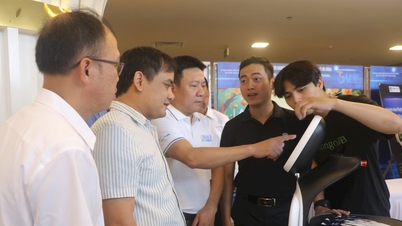





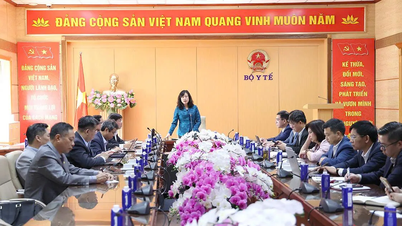
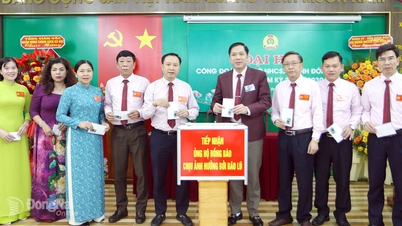



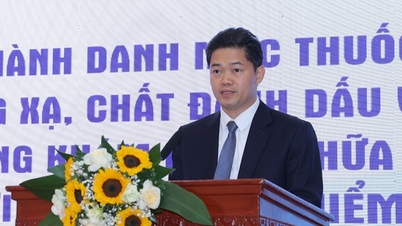












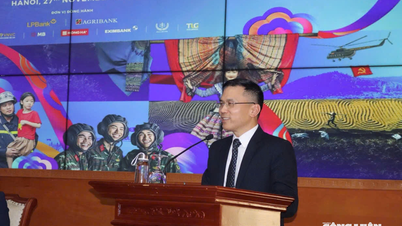
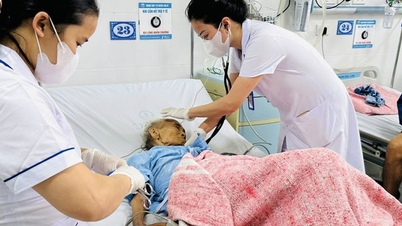
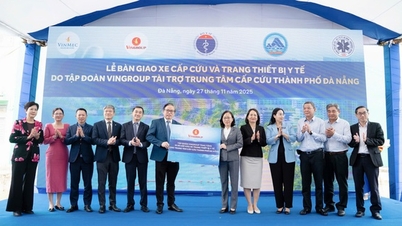
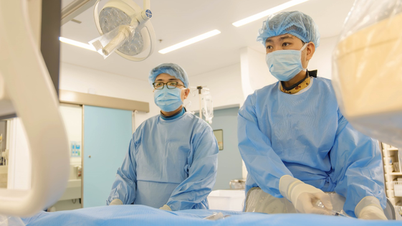
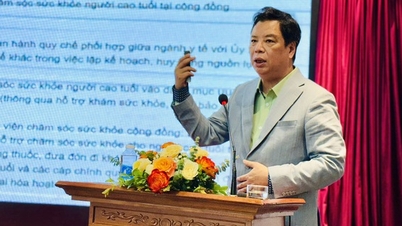







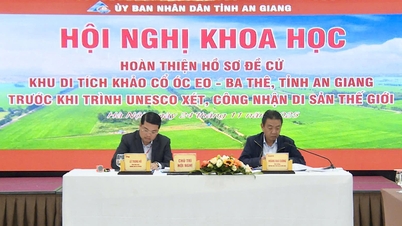





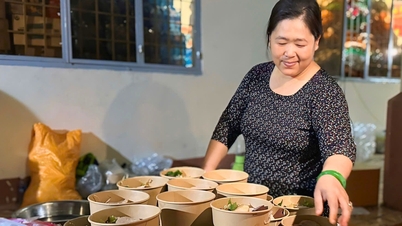








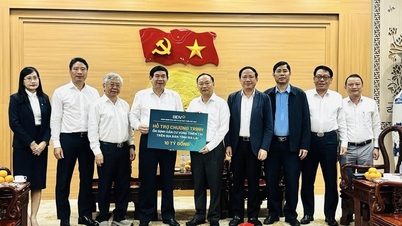















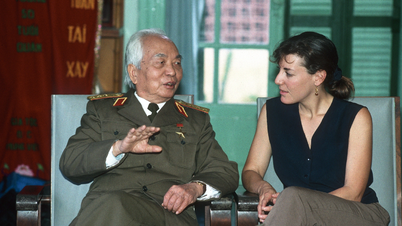
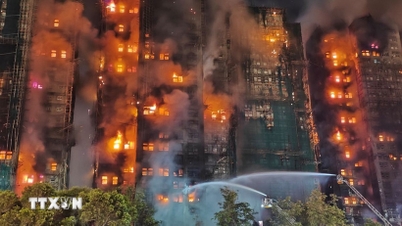

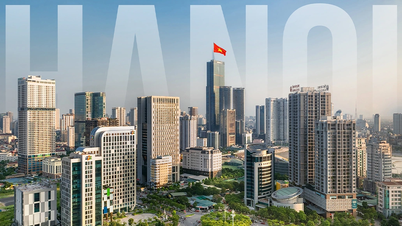




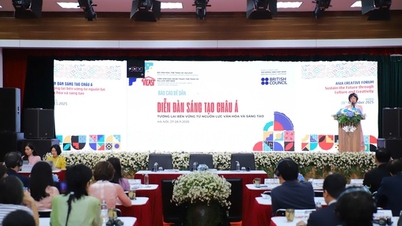
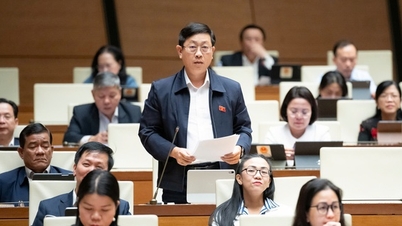



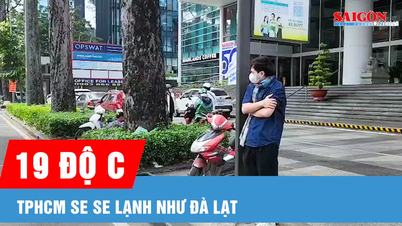
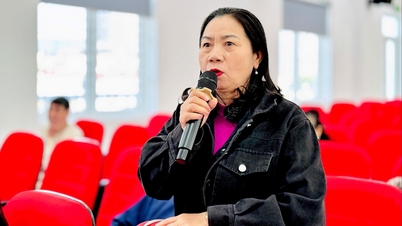



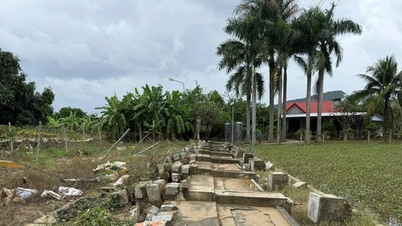













Comment (0)